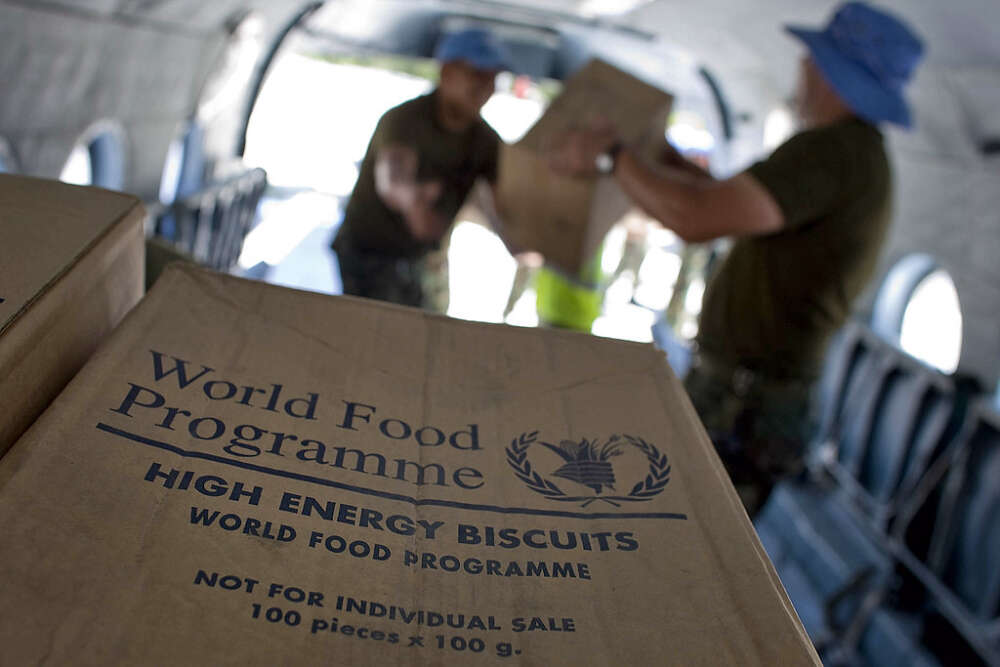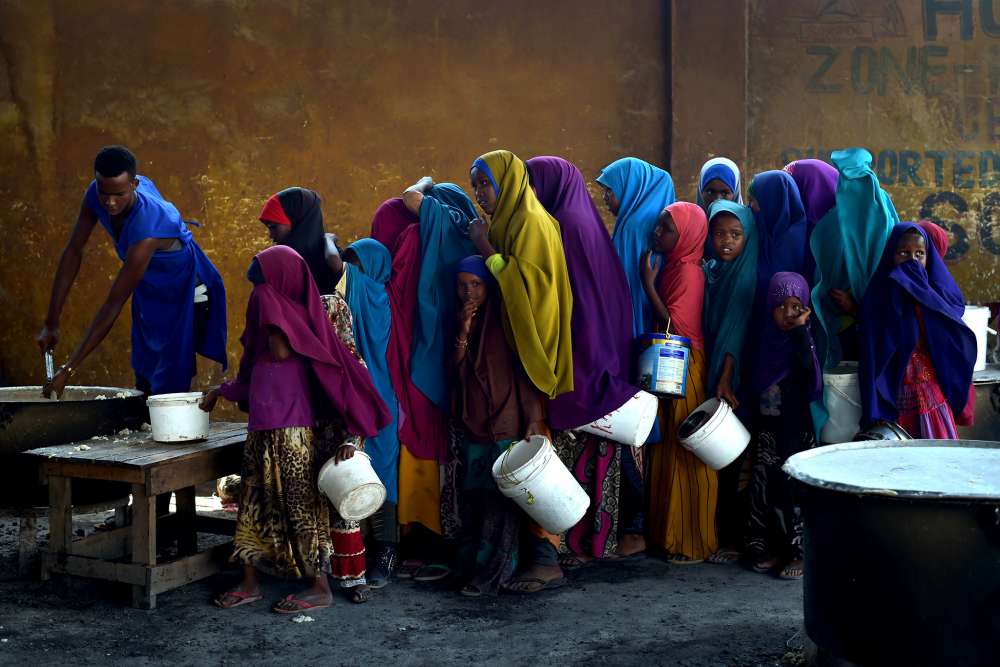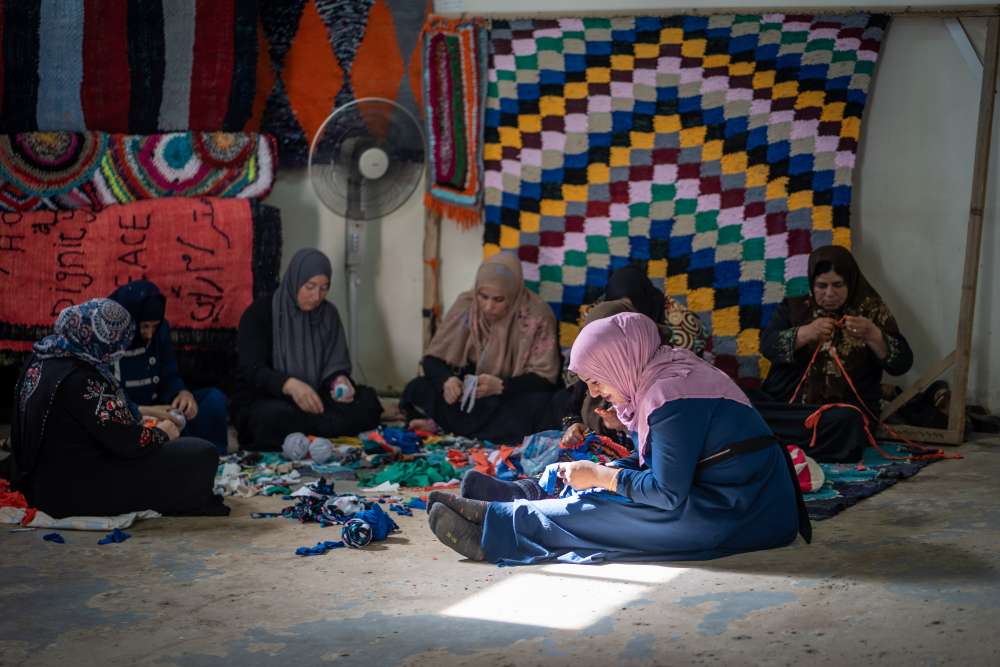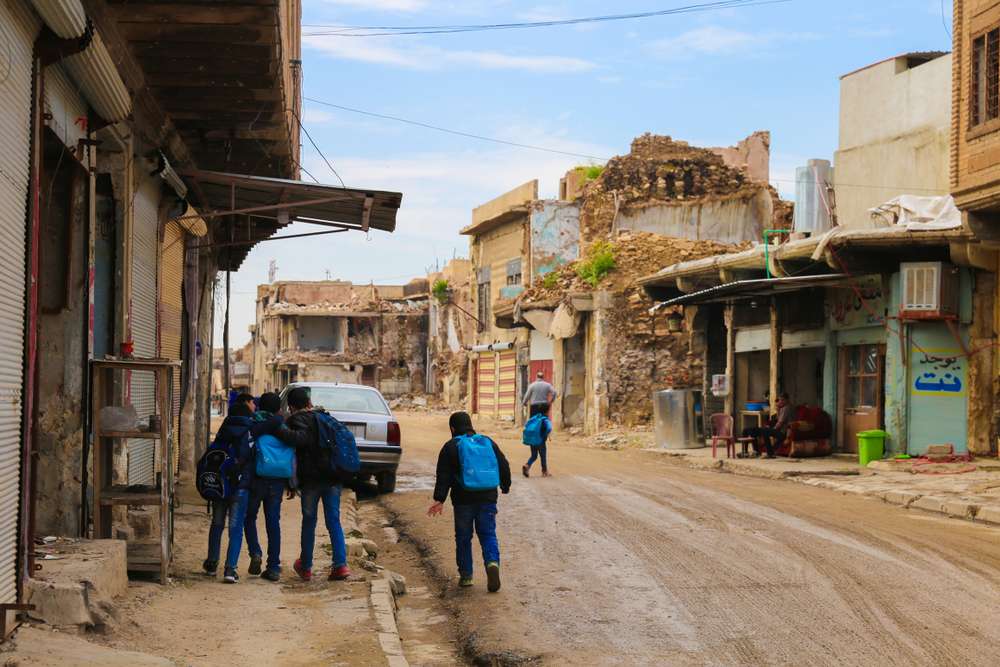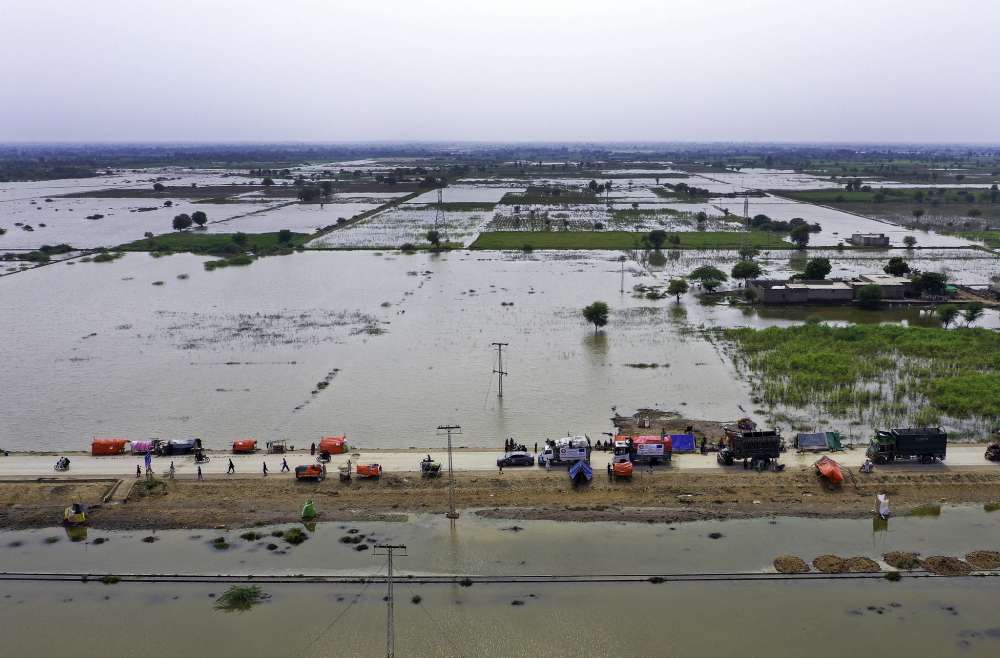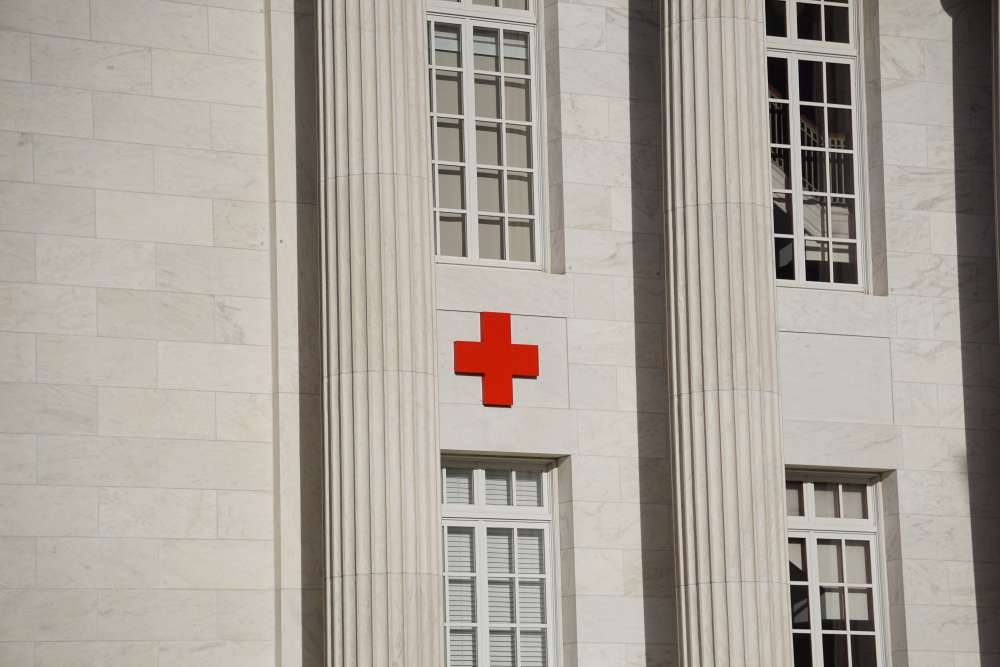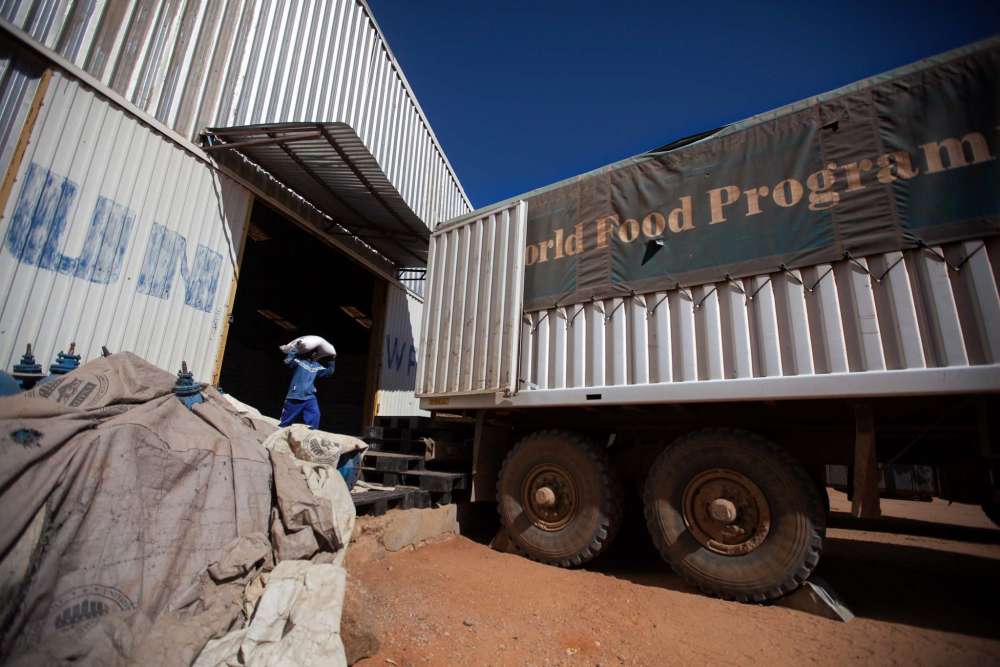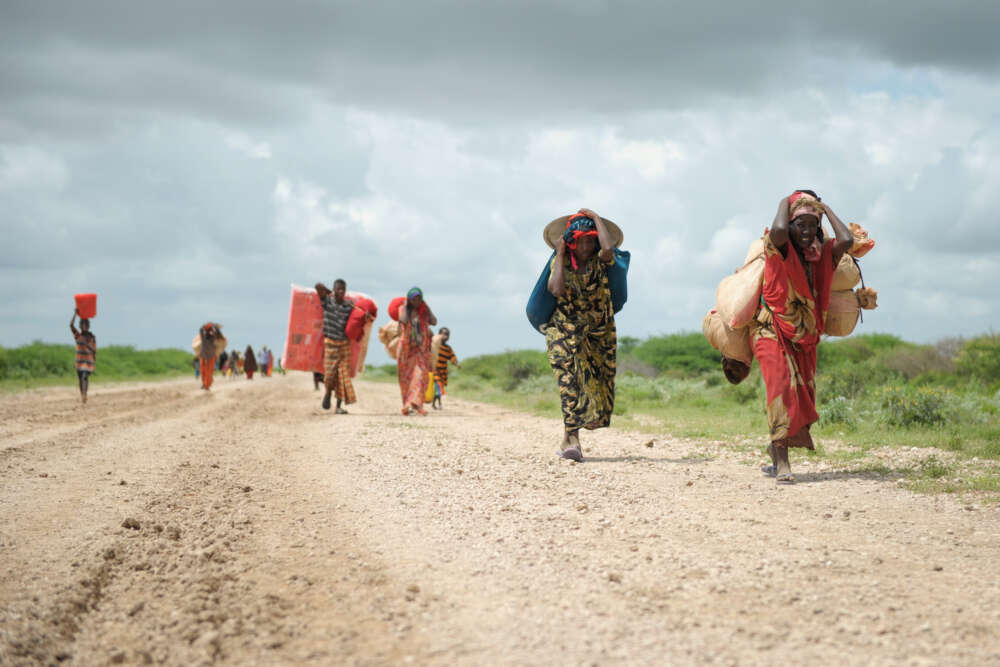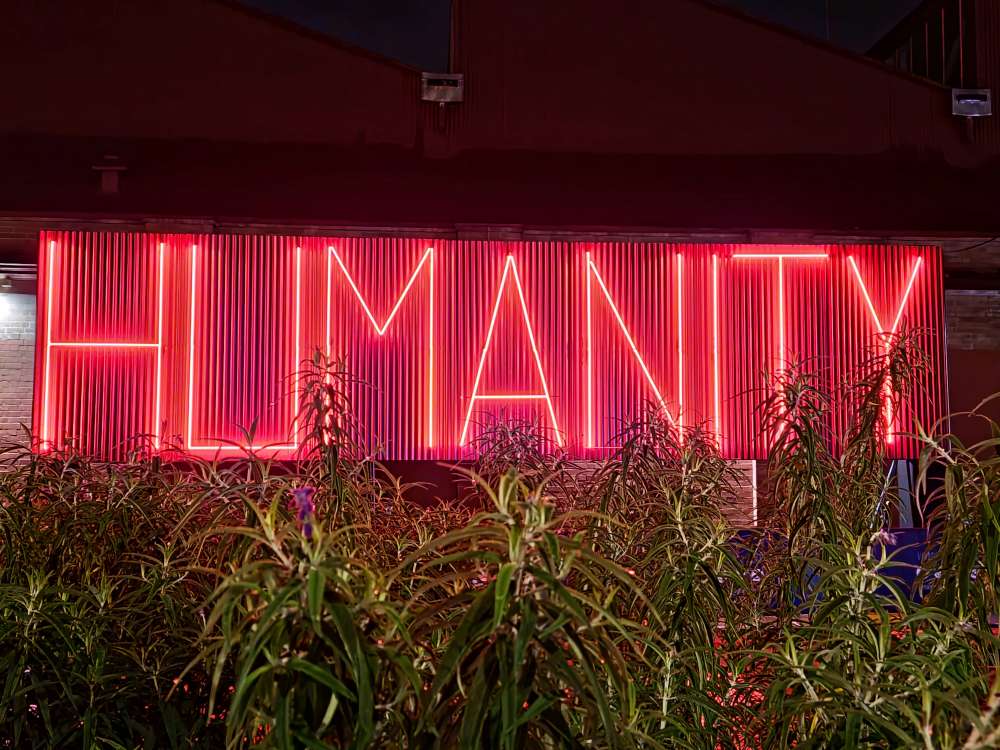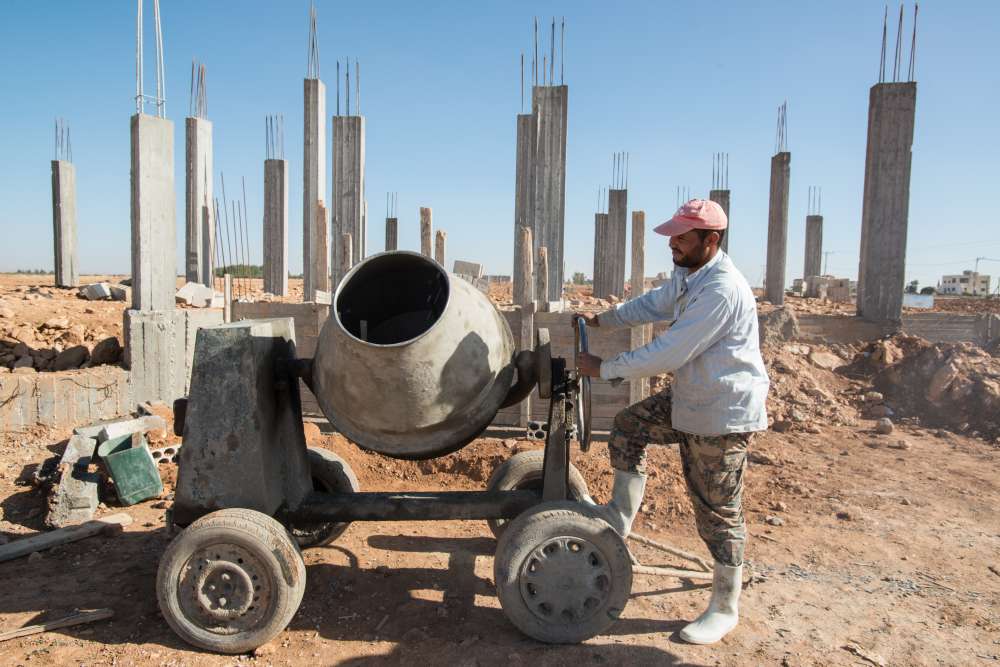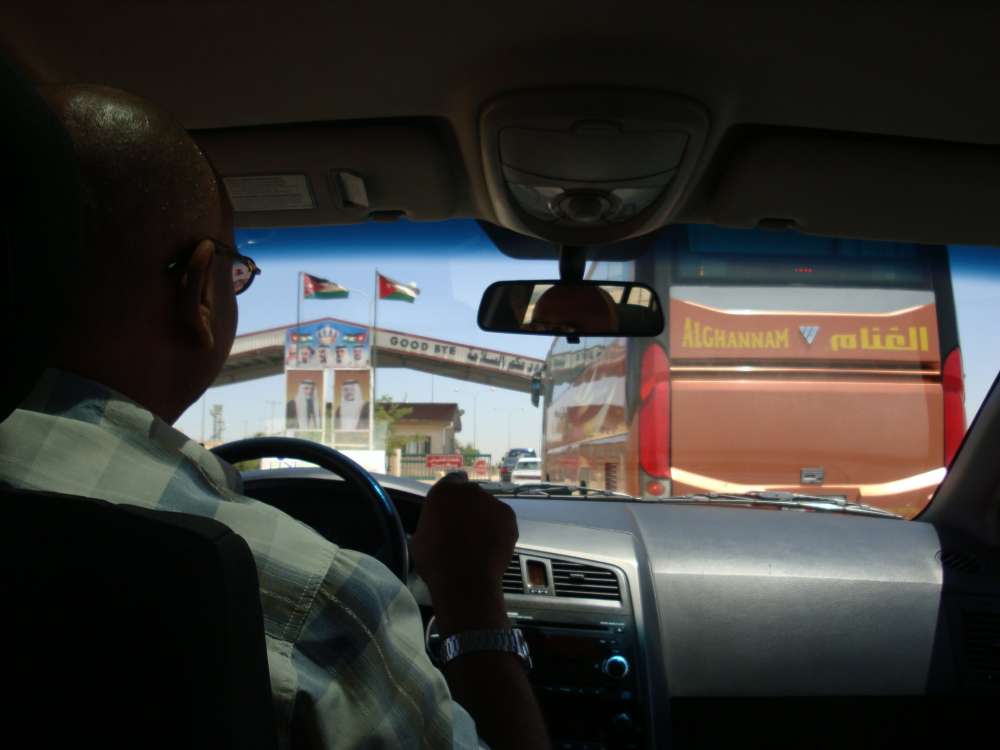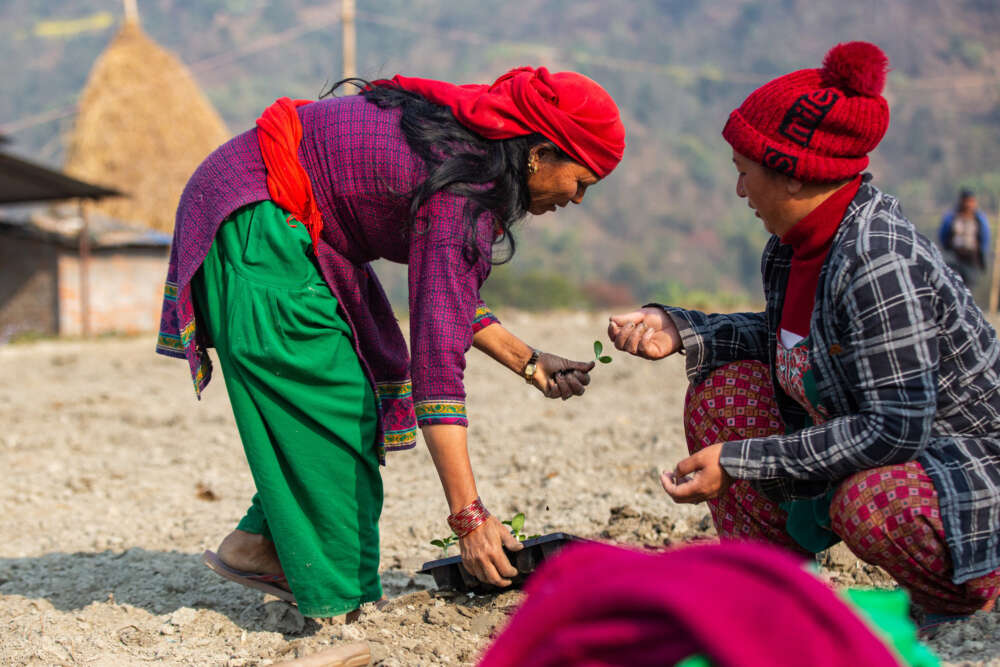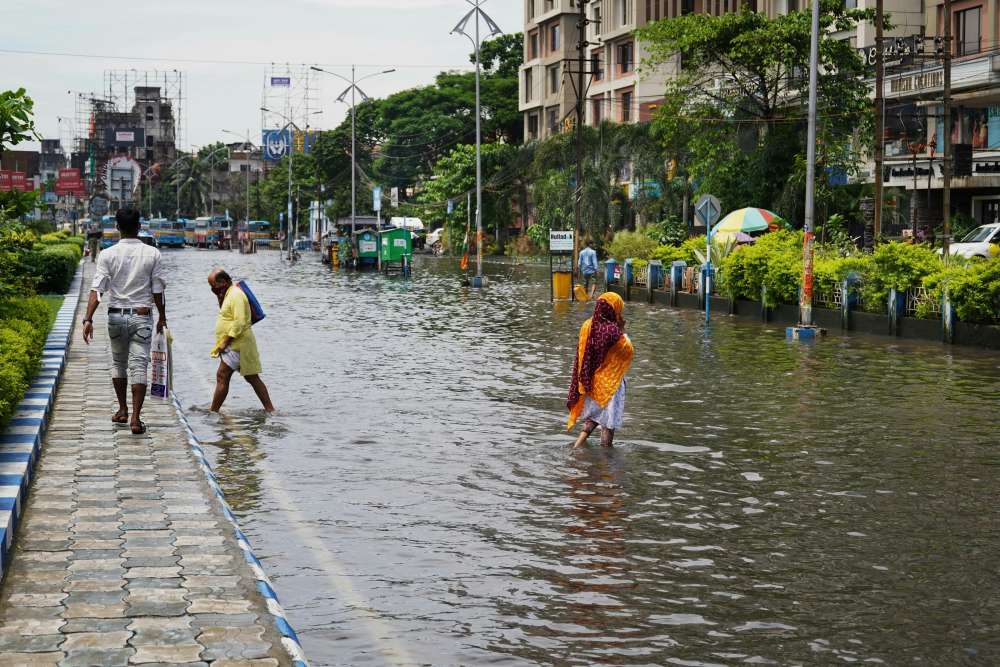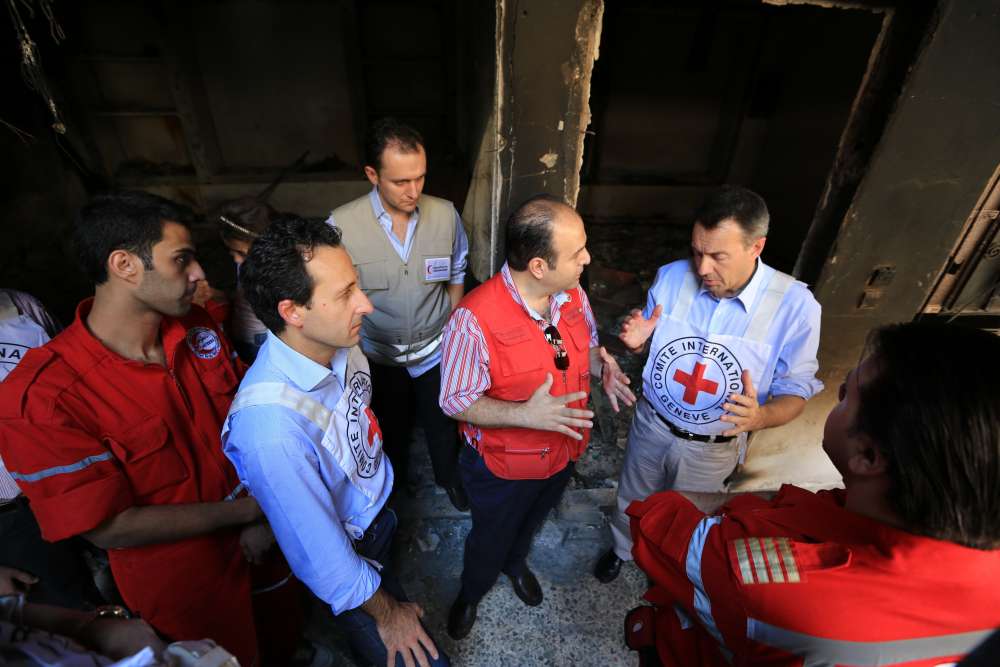Humanitarian Action
GPPi contributes research and advice to support a sustainable, effective and accountable humanitarian system. We help organizations in their quest to maintain a focus on people in need when navigating complex crises – all the while, coping with less funding and more bureaucratic demands. We ask what it takes to deal with insecurity, while maintaining a principled approach. We accompany organizations through reform processes, providing sober analyses of actors, interests, opportunities, and barriers. We explore approaches to reducing aid dependency and examine how humanitarian actors can prepare for crisis, by readying themselves to anticipate humanitarian emergencies and be able to act.
Select Engagements
Evaluation: WFP’s Approach to Targeting and Prioritization
With dramatically diminishing resources, humanitarian organizations like the World Food Programme have to make tough decisions about whom to assist, how long to provide support and what activities to prioritize. We evaluate the WFP’s approaches to ‘targeting’ and ‘prioritization’ for food and nutrition assistance.
Evaluation: The International Response to the Humanitarian Crisis in Somalia
Over the past decade, Somalia has faced continuous droughts, with the incredibly severe 2021 – 2023 droughts compounding the effects of previous crises. In this project, we analyze the international response launched in response to this ever-worsening humanitarian crisis.
Evaluation: UNHCR and Humanitarian-Development Cooperation
We took stock of UNHCR’s level of cooperation with development actors, assessing the effects of this cooperation, and supporting UNHCR in refining its strategy and operational approach.
Research: Protecting Civilians from Harm
The aim of this project is to strengthen the protection of civilians by finding out how protection actors attempt to influence armies and non-state armed groups to keep civilian populations safe.
Past event: Shaping Germany’s Aid, Post-Election
It’s a crucial moment to rethink the future of humanitarian aid: with the humanitarian system at a breaking point and Germany navigating a new post-election political landscape, GPPi, in partnership with the Robert Bosch Academy and the Centre for Humanitarian Action (CHA), brought together leading voices to explore a path forward.
Featured Publications
2023 Stocktake for the Risk-Informed Early Action Partnership
How close is the partnership to its 2025 goal of “making 1 billion people safer from disaster” through better warning systems and community preparedness?
If You Choose One New Year’s Resolution, Make It This One
Wars, conflicts, worries: 2025 begins with immense challenges. Julia Steets gives three reasons why we should not give up on humanity despite everything.
Evaluation of the ICRC’s Community Contact Centres
The way the ICRC is currently managing feedback is clearly helping strengthen accountability to affected people – at a limited cost and with manageable risks. But there are also design flaws and organizational challenges holding these centers back from maximum effectiveness.
Evaluation of the Policy on WFP’s Role in Peacebuilding in Transition Settings
What effects did the World Food Programme’s projects have on conflict and peace dynamics? How relevant were their policy implementation measures? What factors enabled or hindered their impact? An evaluation from 2012 to 2021.
Experts
Andrea Binder
András Derzsi-Horváth
Karla Kröner
Julian Lehmann
Elias Sagmeister
Sofie Lilli Stoffel
Florian Westphal
Oheneba Boateng
Alexander Gaus
Susanna Krüger
Claudia Meier
Julia Steets
Marie Wagner
Funding & Contact
Our funders and clients include: the Cash Learning Partnership (CaLP), the Danish Refugee Council (DRC), Deutsche Gesellschaft für Internationale Zusammenarbeit (GIZ), the European Commission Directorate-General for Humanitarian Aid and Civil Protection (DG ECHO), the Food and Agriculture Organization of the United Nations (FAO), the German Federal Foreign Office (AA), the German Federal Ministry for Economic Cooperation and Development (BMZ), the International Committee of the Red Cross (ICRC), the Norwegian Refugee Council (NRC), Malteser International, the Overseas Development Institute (ODI), Phineo, the Swedish International Development Cooperation Agency (SIDA), the United Nations Office for the Coordination of Humanitarian Affairs (UN OCHA), the former UK Department for International Development (DFID), United Nations Children’s Fund (UNICEF), the United Nations High Commissioner for Refugees (UNHCR), and the World Food Programme (WFP).
For more information, please contact Julia Steets.
